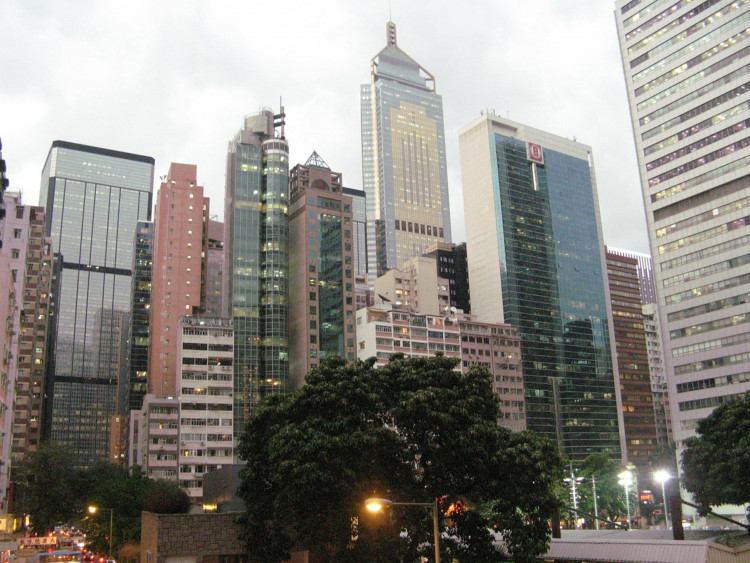According to a private-sector poll released on Thursday, China's services sector activity declined at the second-fastest rate on record in April, as COVID-19 restrictions froze the sector, resulting in steeper declines in new business and employment.
The Caixin services purchasing managers' index (PMI) was 36.2 in April, down from 42 in March and the second-lowest since the poll began in November 2005.
During the outbreak of the pandemic in February 2020, the index reached a new low of 26.5. Every month, the 50-point level distinguishes growth from recession.
"The service industry was heavily hurt by the fresh round of COVID-19 outbreaks and lockdowns," stated the chief economist at Caixin Insight Group, Wang Zhe.
He noted that the demand was sluggish, external demand weakened, supply declined, and supply chain operations were interrupted.
Aside from this, he added that the delivery times were extended, employees found it hard to come back to work, inflationary pressures persisted, and confidence in the market was maintained under the long-term average.
The survey's dismal results, which concentrate on small businesses in coastal areas, are consistent with the government's official PMI, indicating a rapid decline in a critical sector that accounts for around 60% of the economy and half of the urban jobs.
With service companies stating that the increase of steps to prevent the spread of viral infections weighed significantly on consumer demand at the beginning of the second quarter, a subindex for small ventures fell to 38.4, the second-lowest on track and down from 45.9 the previous month.
In April, employment fell for the fourth month in a row, while the decrease was minor in comparison to activity declines.
Meanwhile, input costs increased steadily, but the services firms' efforts to gain more business amid weak demand resulted in a decline in prices charged, highlighting the mounting cost pressures that services providers are facing.
"The authorities should increase their support for businesses in sectors that have been severely impacted by the pandemic and lockdowns in order to stabilize market expectations.
Many business employees, gig freelancers, and low-income individuals have seen their salaries fall and their lives become more difficult as a result of the recent outbreaks, so the authorities should provide them with subsidies," Wang Zhe added.
Caixin's composite PMI for April, which covers both manufacturing and service activity, fell to 37.2 from 43.9 in March.
S&P Global compiles the Caixin PMI from replies to questionnaires issued to Chinese purchasing managers.





